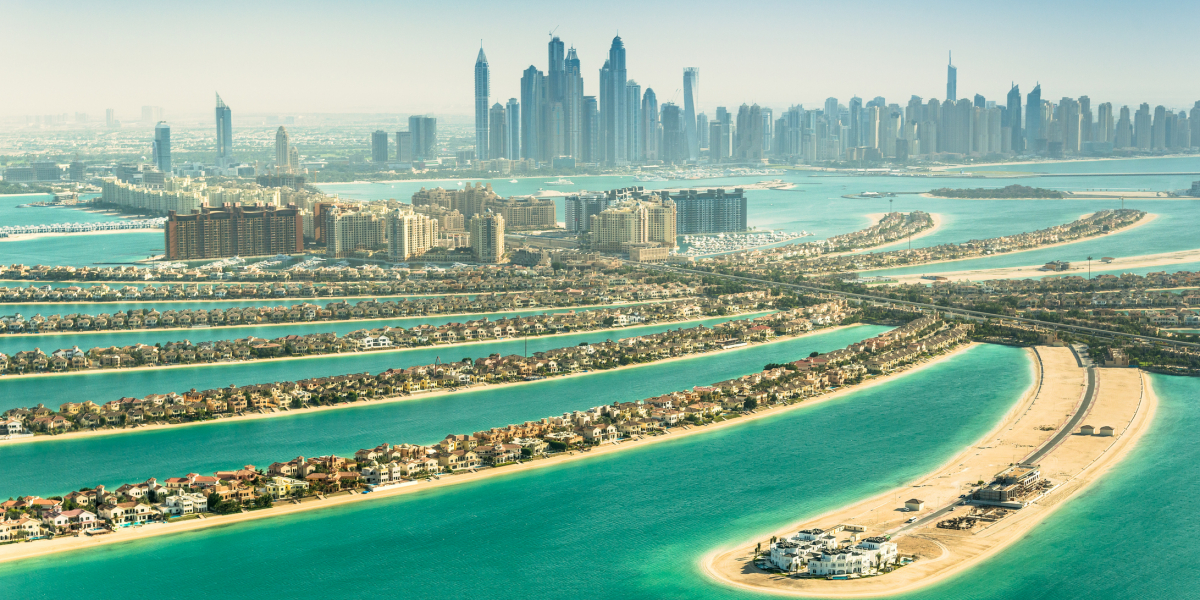
December 1, 2023
COP 28 UAE is framed as a milestone moment for the planet when the global community will take stock of its progress on the implementation of the landmark Paris Agreement. Signed at the 2015 COP 21 meeting in France, this legally binding international treaty lists among its aims the overarching goal of holding the increase in global average temperature “to well below 2°C above pre-industrial levels”. This year’s event in Dubai will see the conclusion of the first-ever Global Stocktake — a report card on the progress the world has made on the Paris Accords.
Skepticism of the conference host’s intentions, of multilateralism, and of the ability for such an event to truly marshal the global action we need continues. But as one of Canada’s leading environment and economy think tanks, we at the Smart Prosperity Institute (SPI) take great interest in the promise and potential of COP meetings. We remain realistic regarding conference outcomes and optimistic about humanity’s ability to build a stronger, cleaner economy that thrives within nature’s limits.
We’re also grateful to be a part of the COP 28 conversations on the ground, with SPI Senior Fellow Barb Swartzentruber in attendance to introduce to a global audience the Canadian Alliance for Net-Zero Agri-Food (CANZA) — an initiative of the Smart Prosperity Institute and Generate Canada. We look forward to sharing key dispatches from her adventures in a future post. You can also follow her on the ground via her LinkedIn updates.
Much of our work at SPI, be it advancing conservation finance, furthering sustainable agriculture, exploring the material needs of decarbonization, or illuminating the climate change-housing nexus has strong ties to the central themes being unpacked at COP 28. As the event gets underway, we invite you to explore our most recent content sorted by daily conference theme to give you our research-driven, objective Canadian perspective on the event’s critical climate discussions.
Dec. 3: Health/relief, recovery and peace
Dec 4: Finance/trade/gender equality/accountability
Dec 5: Energy, industry, and just transition
Dec 6: Multilevel action, urbanization and built environment/transport
Dec 8: Youth, children, education and skills
Dec 9: Nature, land use, and oceans
Dec 10: Food, agriculture and water
This is just a small selection of our more recent releases that relate to the major themes of the COP 28 conference. For a full breakdown of our work, explore our Research + Publications Library. We’ll eagerly monitor key developments from Dubai to see how they may impact our environment-economy work here in Canada. As always, we invite you to reach out if you wish to connect on environment-economy matters and encourage you to stay up-to-date with our latest work by signing up for our monthly newsletter.